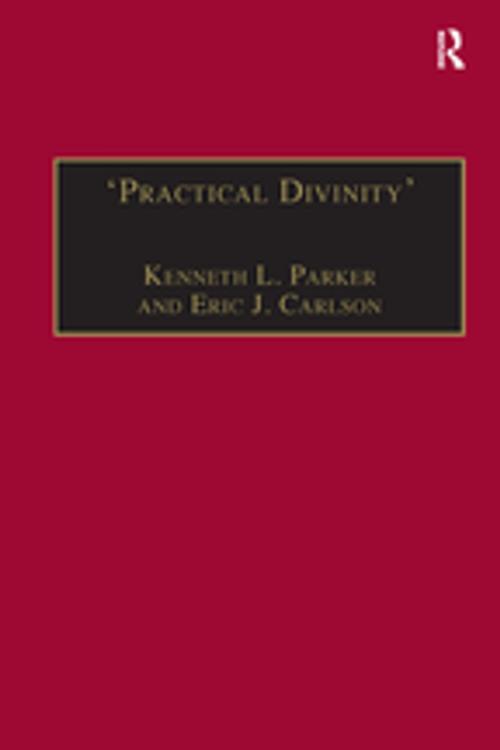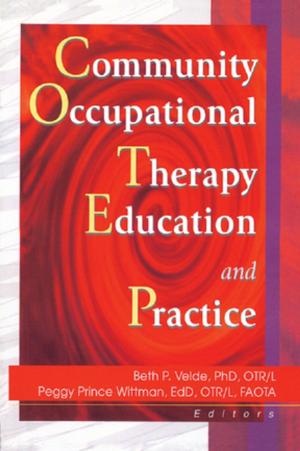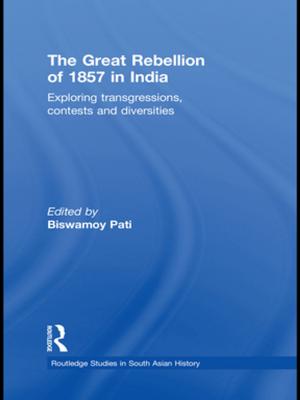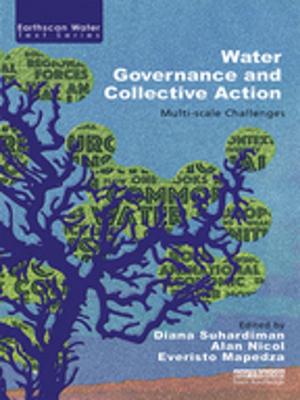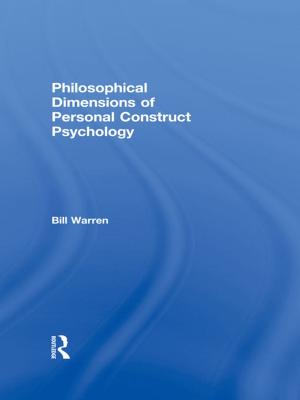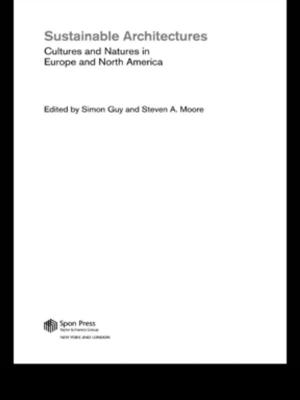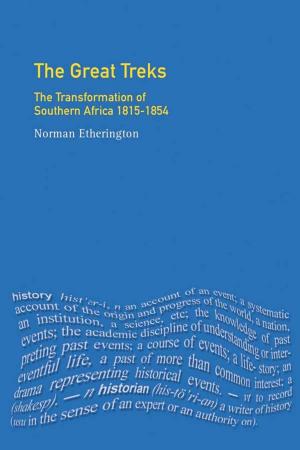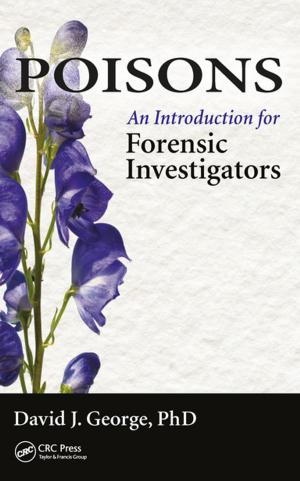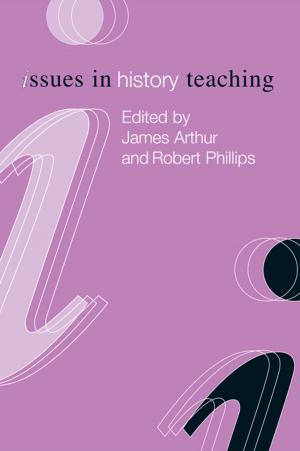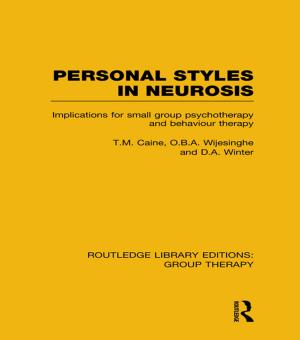| Author: | Kenneth L. Parker, Eric J. Carlson | ISBN: | 9781351963190 |
| Publisher: | Taylor and Francis | Publication: | December 5, 2016 |
| Imprint: | Routledge | Language: | English |
| Author: | Kenneth L. Parker, Eric J. Carlson |
| ISBN: | 9781351963190 |
| Publisher: | Taylor and Francis |
| Publication: | December 5, 2016 |
| Imprint: | Routledge |
| Language: | English |
Richard Greenham was one of the most important and respected figures among the Elizabethan clergy. His contemporaries described him as the founder of a previously unknown pastoral art: the cure of cases of conscience. Despite his fame in the Elizabethan period as a model pastor, pioneer in reformed casuistry, and founder of one of the first rectory seminaries, scholars have made little use of his life and works in their study of Elizabethan religious life. This study restores Richard Greenham to the central place he held in the development of Elizabethan Reformed parochial ministry. The monograph-length introduction includes a biography, an analysis of his pastoral style, and a study of his approach to curing cases of conscience. The transcription of Rylands English Manuscript 524, cross-referenced with the published editions of the sayings, offers a useful source to scholars who wish to study the collecting and ’framing’ process of the humanist pedagogical tradition. The selection of early published works includes Greenham’s (unfinished) catechism, treatises on the Sabbath and marriage, and advice on reading scripture and educating children.
Richard Greenham was one of the most important and respected figures among the Elizabethan clergy. His contemporaries described him as the founder of a previously unknown pastoral art: the cure of cases of conscience. Despite his fame in the Elizabethan period as a model pastor, pioneer in reformed casuistry, and founder of one of the first rectory seminaries, scholars have made little use of his life and works in their study of Elizabethan religious life. This study restores Richard Greenham to the central place he held in the development of Elizabethan Reformed parochial ministry. The monograph-length introduction includes a biography, an analysis of his pastoral style, and a study of his approach to curing cases of conscience. The transcription of Rylands English Manuscript 524, cross-referenced with the published editions of the sayings, offers a useful source to scholars who wish to study the collecting and ’framing’ process of the humanist pedagogical tradition. The selection of early published works includes Greenham’s (unfinished) catechism, treatises on the Sabbath and marriage, and advice on reading scripture and educating children.
